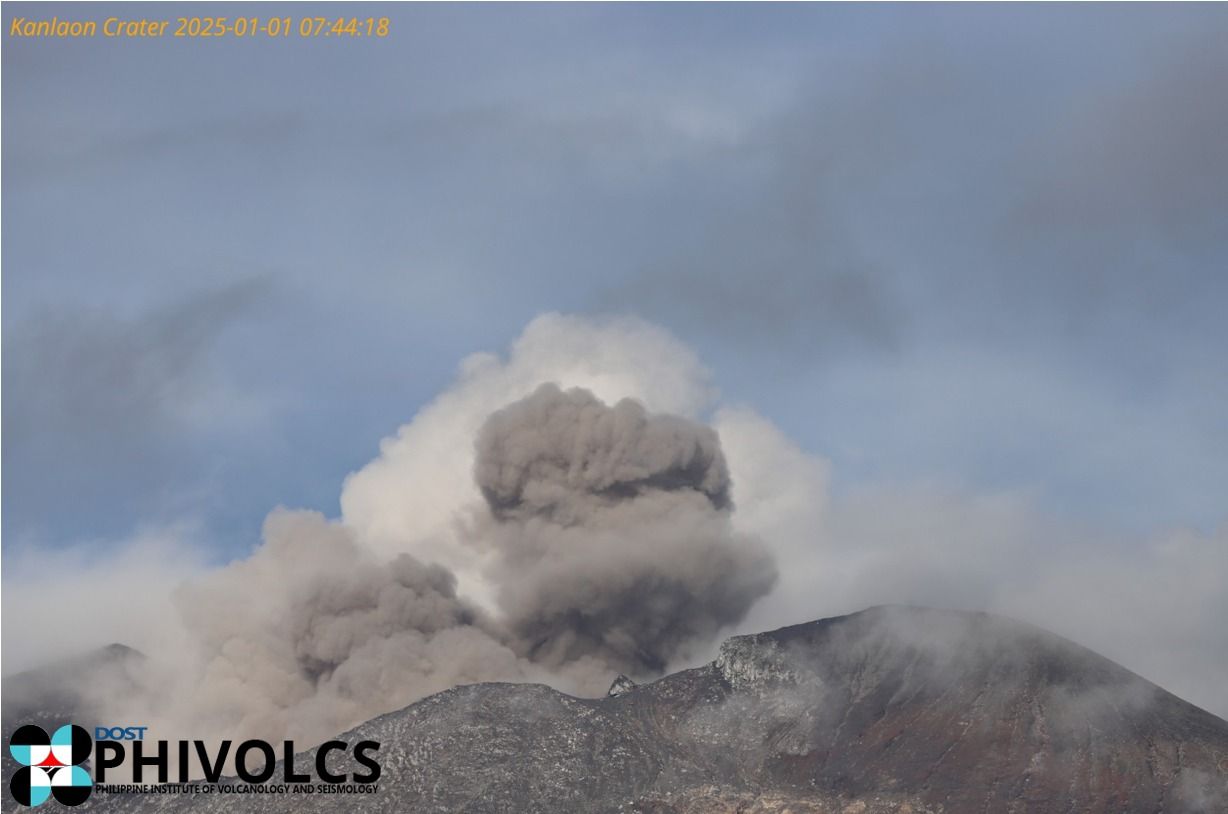Negros Occidental eyes relocation of evacuees in Kanlaon danger zone
BACOLOD CITY – Local government units (LGUs) in Negros Occidental are actively discussing the possibility of relocating residents within the danger zone of Kanlaon Volcano.

KANLAON Volcano
Kanlaon Volcano has been unstable with frequent earthquakes and sulfur dioxide emissions that sparked heightened fears of an eruption. The current priority is to relocate residents who live within the four-kilometer Permanent Danger Zone (PDZ).
Gov. Eugenio Jose Lacson said he discussed during a meeting with mayors of La Castellana, La Carlota City, and Bago City on Tuesday, Jan. 7, the possibility of expanding the relocation to those living within a six-kilometer radius of the volcano, depending on the level of volcanic activity and the resources available for resettlement.
Lacson stressed that moving people away from immediate danger zones would reduce the need for constant evacuation to temporary shelters and save financial and logistical resources.
Instead of repeatedly moving people to evacuation centers during each volcanic event, Lacson said that relocating residents permanently to at least within a four-kilometer radius could be a more sustainable solution.
He said that this would also ease the financial burden on the government and avoid the strain on evacuation centers.
“One thing we would like to do is to really find out if we can relocate residents at least within the four-kilometer PDZ,” the governor said.
At present, there are 2,661 families or 8,724 individuals sheltered in 34 evacuation centers.
Lacson said that less than half of the evacuees are residing within the four-kilometer PDZ.
He said the provincial government can discuss how to relocate evacuees if the concerned LGUs are ready to provide a lot.
The situation in Kanlaon remains fluid, with volcanic activity showing no signs of immediate improvement. Earthquakes and sulfur emissions are occurring regularly, and experts continue to monitor the risk of a major eruption.
Authorities are considering ways to improve safety and stability in the area while balancing the needs of displaced communities. “There’s something that we should learn from these incidents,” Lacson said.